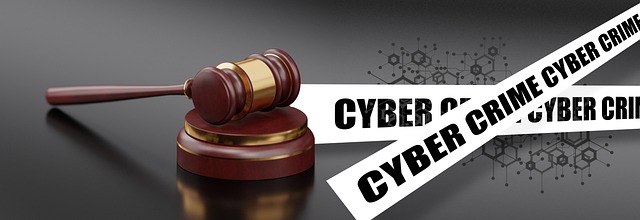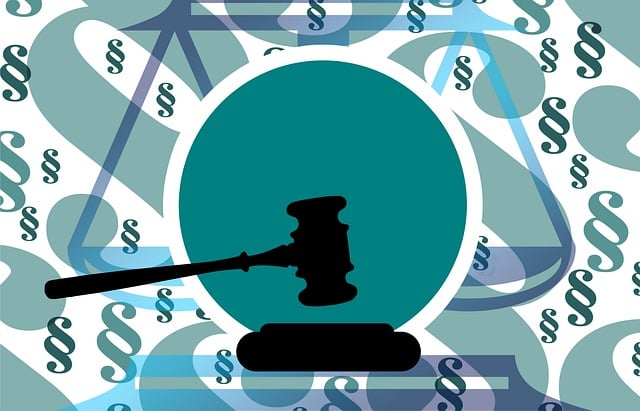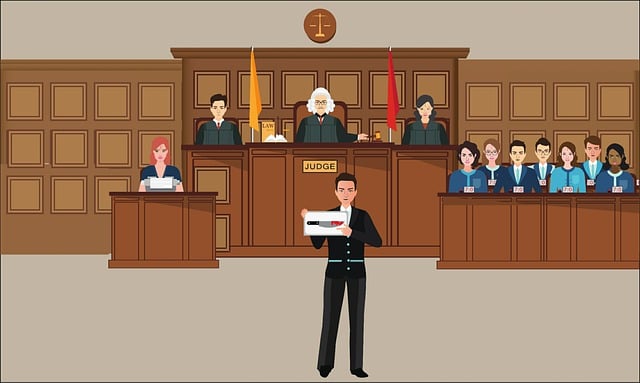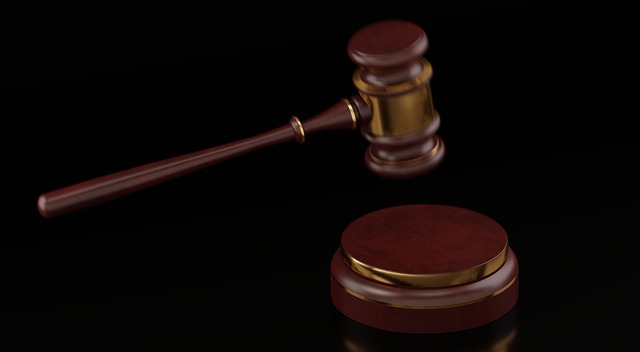C-Level investigations target senior leaders to ensure compliance with legal and ethical standards, focusing on consumer rights and civil litigation. These probes uncover violations related to data privacy, product safety, and marketing, aiming to strengthen internal controls and promote accountability. Understanding Consumer Rights in Civil Litigation is key, empowering consumers and holding businesses accountable, especially in the digital age. Initiated due to financial misconduct, corporate governance issues, or unethical practices, these investigations can lead to legal reforms and business changes through a meticulous process of evidence gathering, stakeholder interviews, and community engagement. Protecting consumer rights builds trust and ensures fair civil litigation outcomes.
In today’s complex business landscape, effective investigations at the C-level are crucial for maintaining ethical standards and upholding consumer rights. This article delves into the intricacies of C-Level Investigations, exploring key aspects such as their definition and significance in civil litigation. We’ll uncover common triggers, the investigation process, and best practices for protecting consumer rights. By understanding these dynamics, businesses can navigate legal complexities with integrity, ensuring a fair and transparent environment.
- What Are C-Level Investigations?
- The Role of Consumer Rights in Civil Litigation
- Common Triggers for Launching C-Level Investigations
- The Process of Conducting a Comprehensive Investigation
- Protecting Consumer Rights Throughout the Investigation and Beyond
What Are C-Level Investigations?

C-Level investigations refer to comprehensive inquiries conducted at the highest executive level within an organization, typically involving senior leaders and executives, often known as C-suite members. These investigations are initiated to ensure compliance with legal and ethical standards, especially in matters concerning consumer rights and civil litigation. Understanding Consumer Rights in Civil Litigation is a crucial aspect of these probes, as it helps businesses navigate potential legal pitfalls and avoid indictment for their clients’ actions.
By delving into the respective business practices, these investigations aim to uncover any violations or misconduct that may have occurred, focusing on issues like data privacy, product safety, and marketing practices. The goal is not only to address immediate concerns but also to establish robust internal controls and protocols, fostering a culture of accountability and transparency within the organization. This proactive approach not only safeguards consumer rights but also helps businesses maintain their reputation in an increasingly scrutinized marketplace.
The Role of Consumer Rights in Civil Litigation

Understanding Consumer Rights in Civil Litigation is a complex yet crucial aspect of modern legal systems. In the context of C-Level Investigations, where white collar and economic crimes are often at play, consumer rights serve as a cornerstone for holding businesses accountable. These rights protect individuals from unfair practices, ensuring that companies operate with transparency and integrity, particularly when interacting with their customers. By empowering consumers with knowledge about their rights, civil litigation can effectively navigate the intricate web of corporate structures to seek justice and restitution.
Across the country, philanthropic and political communities have increasingly recognized the importance of these protections. They foster trust between businesses and the public, ensuring that economic activities are conducted fairly. This is especially pertinent in today’s digital era where consumer interactions with companies often occur online, highlighting the need for robust legal frameworks and consumer education to combat potential fraud and exploitation.
Common Triggers for Launching C-Level Investigations

C-Level investigations are often launched due to a variety of factors that signal a potential breach of trust or legal obligations. Common triggers include allegations of financial misconduct, such as fraudulent accounting practices or embezzlement, which can severely damage a company’s reputation and financial stability. Another significant trigger is non-compliance with regulatory requirements, particularly in industries heavily regulated for consumer protection. Understanding Consumer Rights in Civil Litigation plays a crucial role here, ensuring that businesses treat customers fairly and uphold the laws designed to safeguard them.
Additionally, violations of corporate governance policies, insider trading, or unethical business practices can prompt these high-level inquiries. In today’s interconnected world, matters involving global corporations often cross legal and geographical boundaries, complicating investigations but also highlighting the need for achieving extraordinary results. The involvement of philanthropic and political communities in such cases is not uncommon, as they bear witness to the broader societal implications of corporate misdeeds and play a vital role in driving necessary changes.
The Process of Conducting a Comprehensive Investigation

Conducting a comprehensive investigation is a meticulous process designed to uncover truths and ensure justice, particularly in civil litigation. It involves a systematic approach where every detail is scrutinized, from gathering initial evidence to analyzing data and interviewing stakeholders. This rigorous methodology aims to provide an unbiased understanding of events, especially when consumer rights are at stake.
In the realm of C-level investigations, understanding consumer rights becomes pivotal. The process delves into the respective business’s practices, considering both internal records and external factors that may have influenced consumer experiences. By engaging with the philanthropic and political communities, these inquiries often lead to meaningful reforms, ensuring a complete dismissal of all charges or substantial adjustments to business operations.
Protecting Consumer Rights Throughout the Investigation and Beyond

Protecting Consumer Rights is paramount during investigations, ensuring fairness and justice for those affected. When handling civil litigation involving consumer rights, understanding these rights is key. This includes the right to be treated fairly, have access to accurate information, and be compensated for any harm incurred.
Beyond the investigation, maintaining a strong focus on consumer protection fosters an unprecedented track record of success. It demonstrates a commitment to upholding not only the law but also the interests of corporate and individual clients alike. This approach ensures that each respective business operates with integrity, respecting the rights of its consumers and fostering long-term trust.
C-Level investigations, by delving into complex civil litigation involving consumer rights, play a pivotal role in ensuring justice and safeguarding individual protections. By understanding common triggers and adhering to a comprehensive investigation process, these inquiries can uncover wrongdoings and foster a culture of accountability. Protecting consumer rights not only strengthens legal frameworks but also enhances public trust, making it an indispensable aspect of modern litigation practices.






